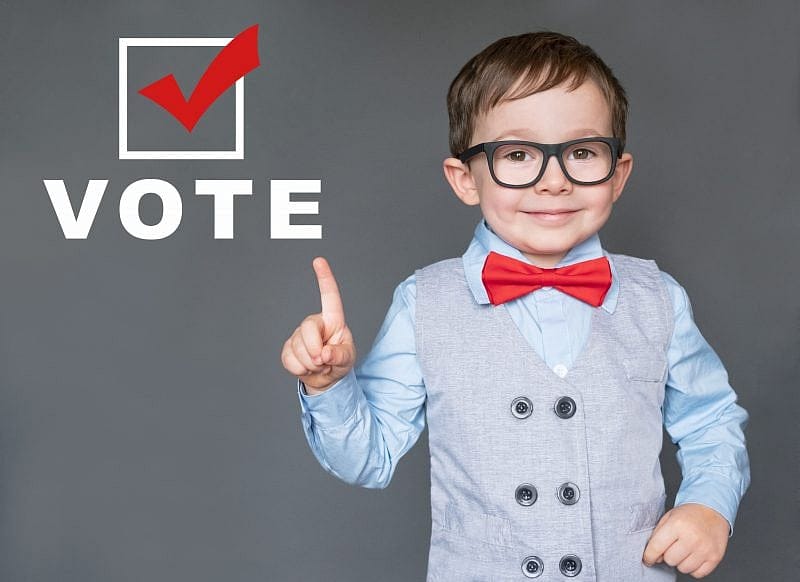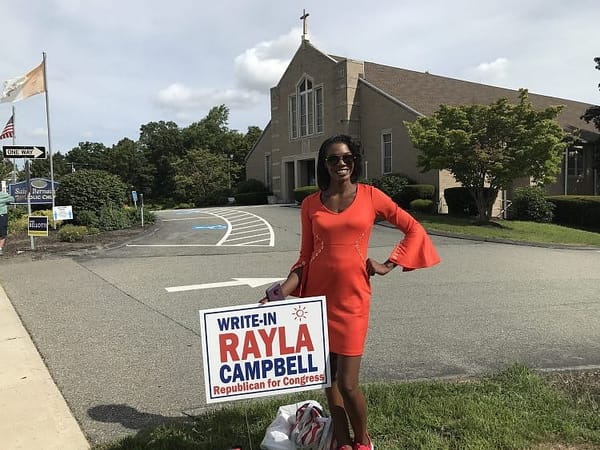Ranked-Choice Voting Advocates Pushing For System That Could Change Outcomes — and Might Have Prevented Two Recent Presidencies

Some people want to change the way people vote in Massachusetts and implement a system that could have prevented Republicans George W. Bush and Donald Trump from ever becoming president if used nationwide.
Voters in November can expect to see a ballot question seeking to establish ranked-choice voting in Massachusetts. The system would allow people to rank their preferred candidates in the order of their preference.

